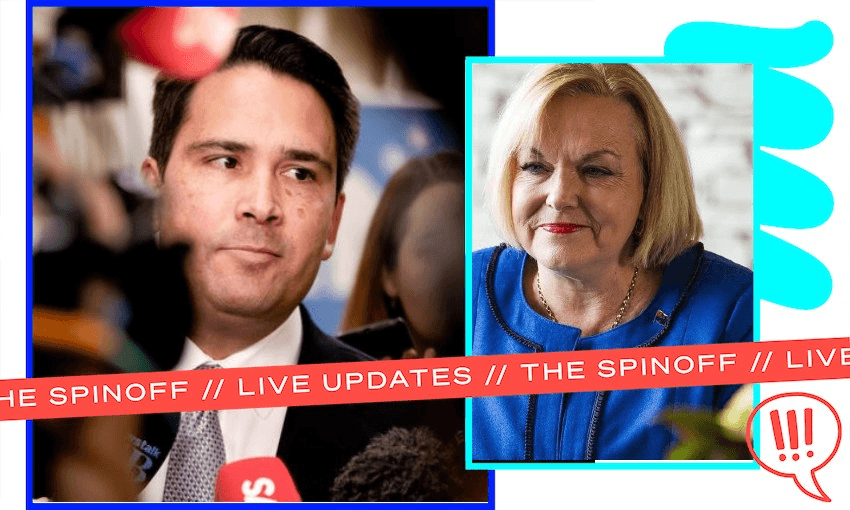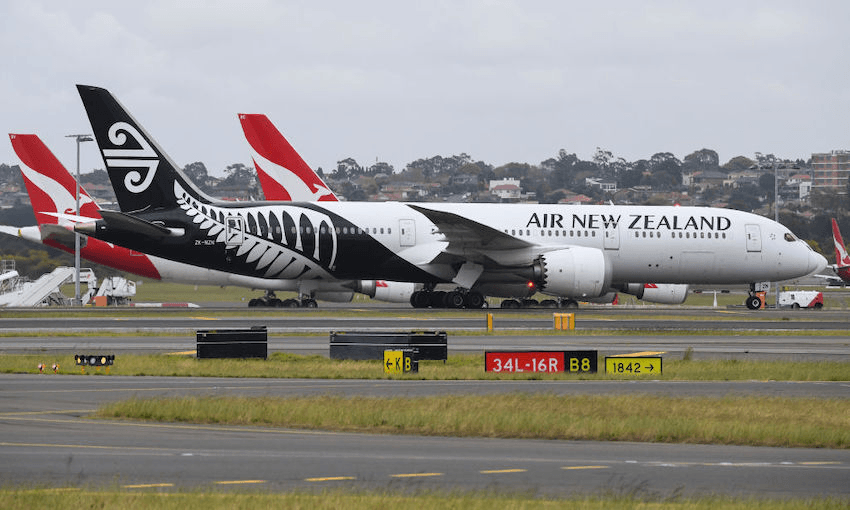A transition away from managed isolation will begin for fully vaccinated New Zealanders from the start of next year, Covid-19 response minister Chris Hipkins has announced.
From 11.59pm on January 16, fully vaccinated New Zealanders will be able to avoid MIQ when travelling from Australia. From February 13, this will apply to all other countries. And, from April 30, it will apply for fully vaccinated foreign travellers.
“We do now consider that we’re able to move to our next phase,” said Hipkins.
There will still be carefully managed processes for recent arrivals including a mandatory seven-day self isolation period for those not required to enter MIQ. All travellers will require a negative pre-departure test, evidence of full vaccination, a declaration about recent travel history, a day zero/one test on arrival, a self-isolation requirement and a final test before entering the community.
“We do know that the international restrictions we’ve had around our border have been tough on many people,” said Hipkins, although he confirmed that travel in 2022 won’t necessarily be exactly the same as it was in 2020.
“Some people and businesses want us to start to open up before Christmas, and that’s understandable, but others want us to be more cautious. We acknowledge it’s been tough but the end of heavily restricted travel is now in sight,” Hipkins said. “There continues to be a global pandemic with cases surging in Europe and other parts of the world, so we do need to be very careful when reopening the border.”
Further details on how self-isolation will be implemented will be made available in December, and include guidance on how people can travel from their arrival airport to their location of self-isolation and requirements for the places where they can self-isolate.
Five countries to be removed from ‘very high risk’ travel list
Hipkins also confirmed that five countries will be removed from the “very high risk” list, meaning returnees can travel to New Zealand directly. Indonesia, Pakistan, Brazil, India and Fiji will be taken off the list from the start of next month while Papua New Guinea will remain.
“Closing our border was one of the first steps we took to keep our country safe from Covid-19 and it’ll be the last thing we open up, following our transition into the traffic light protection framework system and lifting of the Auckland boundary,” Hipkins said.

